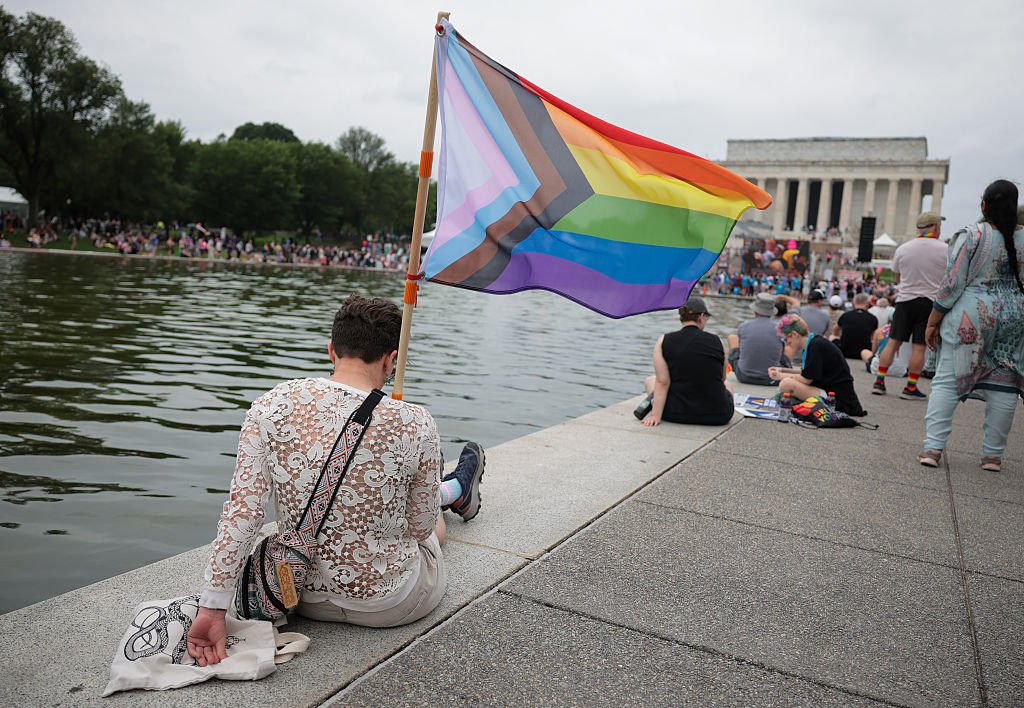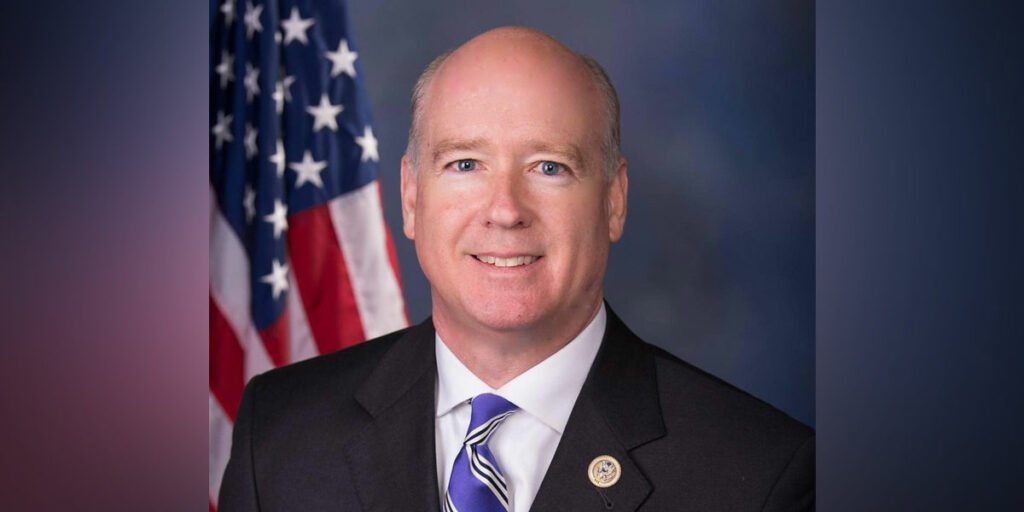Brandon Long, a teenager, attended counseling sessions every week. A former legislator from Kentucky, now a pastor in the northern part of the state, recounted a year spent in therapy aimed at eliminating his “same-sex attraction.” He described the disheartening experience of being told he could change during each session.
Long’s testimony before a Republican-backed committee in Kentucky was part of the discussion around a bill that seeks to overturn a previous executive order from Democratic Governor Andy Beshear. This order had prohibited the practice of “conversion therapy” for minors, a contentious and controversial approach aimed at changing an individual’s sexual orientation or gender identity.
“Conversion therapy” refers broadly to various methods used to attempt to alter one’s sexual orientation or gender identity. It ranges from talk therapy and religious counseling to more severe, aversive measures, including electric shock therapy. Critics argue these practices are not only ineffective but also harmful, often leading to deeper mental health issues like depression and substance abuse among LGBTQ+ individuals.
A bill currently moving through the Kentucky legislature aims to protect conversion therapy under the guise of parental rights, despite substantial condemnation from medical experts worldwide.
This is happening at a time when conservative majorities in various state legislatures and courts are working to reintroduce and legitimize practices deemed harmful by the medical community. Kentucky’s Republican legislature recently pushed through the bill, overriding the governor’s veto. Nationally, there has been a trend where states are either reversing bans or facing significant legal challenges to existing protections against conversion therapy.
The U.S. Supreme Court recently agreed to consider a case regarding a Colorado ban on conversion therapy, which complicates the landscape further. This is a shift from earlier decisions where the Supreme Court declined to review similar bans in places like California and Washington.
In Virginia, a court’s ruling allowed talk therapy methods to be legal despite the state’s laws, signaling a win for conservative Christian organizations advocating for the practice. Meanwhile, in Michigan, lawmakers are seeking to dismantle protections against conversion therapy, framing it as an issue of free speech and religious belief.
On the other side of the debate, a number of states have either enacted or are moving towards enacting significant restrictions on conversion therapy. Currently, 23 states along with Washington, D.C., have laws preventing licensed professionals from practicing conversion therapy on minors, and several others have rolled back or limited such practices.
Inside the clinical community, there is growing consensus that these practices are both scientifically unfounded and ethically problematic. Many leading organizations, including the American Medical Association and the American Psychological Association, have highlighted the risks involved in conversion therapy, arguing that homosexuality and gender nonconformity are not disorders that require treatment.
Despite the opposition, conservative legal groups have mobilized to challenge bans and policies aimed at protecting minors from conversion therapy. These battles reflect ongoing tensions around LGBTQ+ rights and the broader implications for freedom of expression and religious beliefs.
As this landscape evolves, the potential for significant legal changes looms, with outcomes that could either reinforce protective measures for LGBTQ+ individuals or revive practices that have been criticized extensively by professionals in mental health.
Dr. Jack Drescher, a psychiatrist with a focus on gender and sexuality, stated, “The world has changed.” He emphasized the awareness of risks involved in these ongoing debates, indicating a growing recognition of the importance of protecting the rights and mental health of LGBTQ+ youth.







